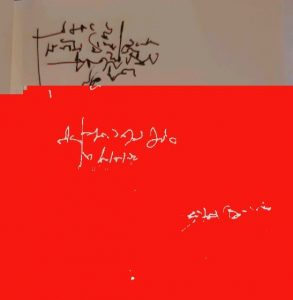 L’incontro del 16 giugno allo Studio Campo Boario, ESISTE LA RICERCA?, è stato – a detta di chi ha assistito – un effettivo successo. Si può dire come presa d’atto, senza alzare la voce. Interventi densi e carichi di suggerimenti. Sala piena, a tratti assai piena, con picchi di una cinquantina di persone.
L’incontro del 16 giugno allo Studio Campo Boario, ESISTE LA RICERCA?, è stato – a detta di chi ha assistito – un effettivo successo. Si può dire come presa d’atto, senza alzare la voce. Interventi densi e carichi di suggerimenti. Sala piena, a tratti assai piena, con picchi di una cinquantina di persone.
Alla fine, un po’ prima delle 20, il pubblico ha affollato la sala grande dello Studio, dove c’erano banchetti e banconi di libri. E le vendite, i dialoghi e gli scambi sono andati decisamente bene.
Chi vuole può continuare a seguire la pagina dell’evento, dove per qualche tempo ancora segnalerò materiali e link.
Altro modo per rimanere aggiornati sui passi e passaggi della ricerca letteraria, è visitare gli spazi web degli editori che erano e sono coinvolti nell’incontro, tra cui Tic, IkonaLìber, Diaforia, Blonk, il verri, oltre a consultare i materiali del folder pubblico che di volta in volta potrà essere aggiornato. E logicamente seguire https://gammm.org e slowforward.
Restate connessi, in pentola bolle molto altro
MG








